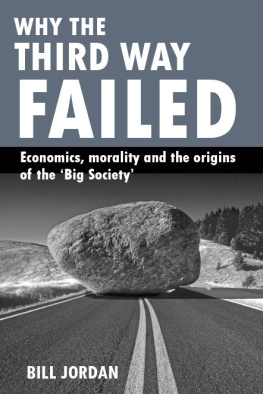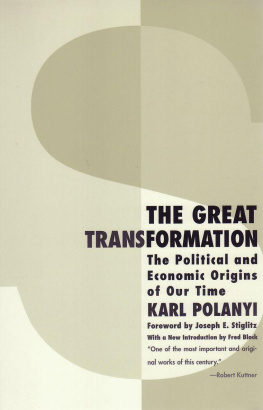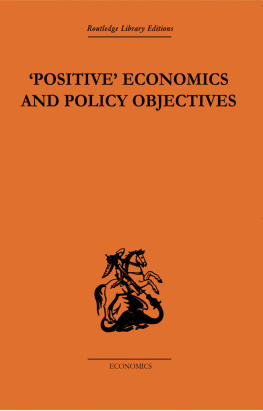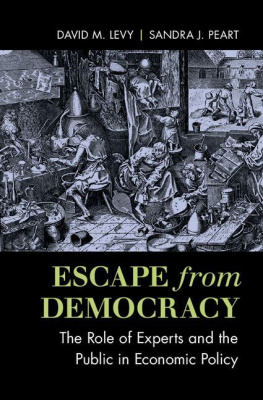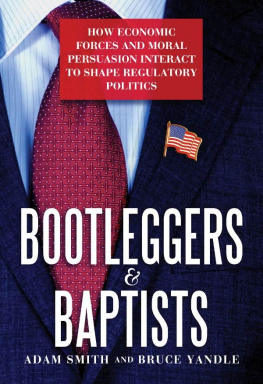First published in Great Britain in 2010 by
The Policy Press
University of Bristol
Fourth Floor
Beacon House
Queens Road
Bristol BS8 1QU
UK
t: +44 (0)117 331 4054
f: +44 (0)117 331 4093
tpp-info@bristol.ac.uk
www.policypress.co.uk
North American office:
The Policy Press
c/o International Specialized Books Services
920 NE 58th Avenue, Suite 300
Portland, OR 97213-3786, USA
t: +1 503 287 3093
f: +1 503 280 8832
info@isbs.com
The Policy Press 2010
British Library Cataloguing in Publication Data
A catalogue record for this book is available from the British Library.
Library of Congress Cataloging-in-Publication Data
A catalog record for this book has been requested.
ISBN 978 1 84742 656 7 paperback
ISBN 978 1 84742 657 4 hardcover
The right of Bill Jordan to be identified as author of this work has been asserted by him in accordance with the Copyright, Designs and Patents Act 1988.
All rights reserved: no part of this publication may be reproduced, stored in a retrieval system, or transmitted in any form or by any means, electronic, mechanical, photocopying, recording, or otherwise without the prior permission of The Policy Press.
The statements and opinions contained within this publication are solely those of the author and not of the University of Bristol or The Policy Press. The University of Bristol and The Policy Press disclaim responsibility for any injury to persons or property resulting from any material published in this publication.
The Policy Press works to counter discrimination on grounds of gender, race, disability, age and sexuality.
Cover design by The Policy Press
Front cover: image kindly supplied by www.alamy.com
Printed and bound in Great Britain by Hobbs, Southampton
The Policy Press uses environmentally responsible print partners.
Introduction
The economic crash of 2008-09 put the UK and US, along with several smaller states (such as Iceland, Ireland and Latvia), back where they had been before the boom years of 2001-07. It exposed as illusory the gains achieved by these economies, with their reliance on their financial sectors and cheap credit, and created mountains of public debt. But, more seriously, it exploded the claims of Third Way governments, especially New Labour in the UK, to have reconciled global markets with new, ethically informed public policies.
The Third Way was a set of ideas and policies, first developed by former President Bill Clinton in the US and former Prime Minister Paul Keating in Australia, which was supposed to have made the liberal left electable, and provided a blueprint for the reform of government in an era of globalisation. Although it suffered setbacks, particularly in the election of George W. Bush to the US presidency, and John Howard as Australian Prime Minister, its political dominance in the UK, and the new regime at the World Bank from 1997 onwards (Stiglitz, 2002) meant that it continued to be deployed, modified and tested, and to influence centrist and liberal left politics worldwide during all the years from 1992 to 2010.
This book argues that the ultimate failure of the Third Way has been a moral one, and that this has stemmed from an inadequate and incoherent analysis of how ethical principles can be applied to the workings of a market economy exposed to global forces. This failure has left whole populations disillusioned about politics in general, and liberal left politics in particular. It remains to be seen whether Barack Obama, as President of the US, can transcend this cynicism, and demonstrate an ability to discover more convincing approaches.
Tony Blair came to power in 1997 with grandiose moral slogans, both in domestic and foreign policy, but the Iraq war and the economic crash left almost all of these in ruins. On the domestic front, improvements in poverty, youth unemployment, workless households and educational opportunity had all been reversed, and New Labours reforming energies exhausted. Drawing on British, US and other examples, this book seeks to explain why a combination of market-friendly and abstract value-led approaches was always doomed to fail, and what the necessary and sufficient conditions are for morally informed alternatives to emerge.
The Third Way embraced globalisation. In particular, it aimed to harness the neo-liberal regime of freely mobile resources, established under former UK Prime Minister Margaret Thatcher, former US President Ronald Reagan and the International Monetary Fund (IMF)/World Bank Washington Consensus. With Wall Street and the City of London as hubs of financial trading, it promoted these as the centrepieces of affluent Anglophone economies, while simultaneously espousing equality of opportunity and social justice for citizens.
In the UK under New Labour government prudence over public finances switched to massive borrowing on world money markets after its second election; banks were allowed to borrow even larger sums, to fund loans for house purchases and consumer credit. The almost magical ability to make money out of money was hailed as the key to stability with growth (Stiglitz et al, 2006), and was also claimed to enable economic development in the most deprived countries in the world. Finally, when climate change, depleted oil stocks and environmental degradation challenged the sustainability of this economic model, Third Way apologists argued that technological innovation and the collective wisdom of national leaderships could reconcile material advance with ecological renewal.
In retrospect, it was always unlikely that a regime that cherished conspicuous affluence, cut-throat trading, media celebrity and instant gratification would also foster distributive equity, social well-being and sustainable lifestyles. Despite its frequent use of words like responsibility and community, Third Way policy documents made no serious attempt to spell out how a creed of self-proclaimed individualism (putting choice, autonomy and property ownership at the heart of its approaches to every issue) could give rise to ethically defensible outcomes.
Why should these self-developing individuals, accumulating portfolios of skills and assets, concern themselves with each others projects? How might bankers, installed as the key decision makers at the heart of the Third Way model of society, bring about morally desirable goals?
The only answer offered by the economic theorists behind Third Way administrations was that individuals, in making decisions about relationships, associations and collective action, as well as employment, consumption and investment, mobilise information, respond to incentives and strike agreements for mutually beneficial exchanges, that is, contracts (Macho-Stadler and Prez-Castrillo, 2001; Bolton and Dewatripont, 2005; Laffont and Martimort, 2002). If governments can design a legal and organisational infrastructure that provides appropriate information and incentives, these contractual arrangements will supply the optimum possible welfare for all, under the aegis of the almost omniscient banks and financial authorities (Stiglitz and Greenwald, 2003).

